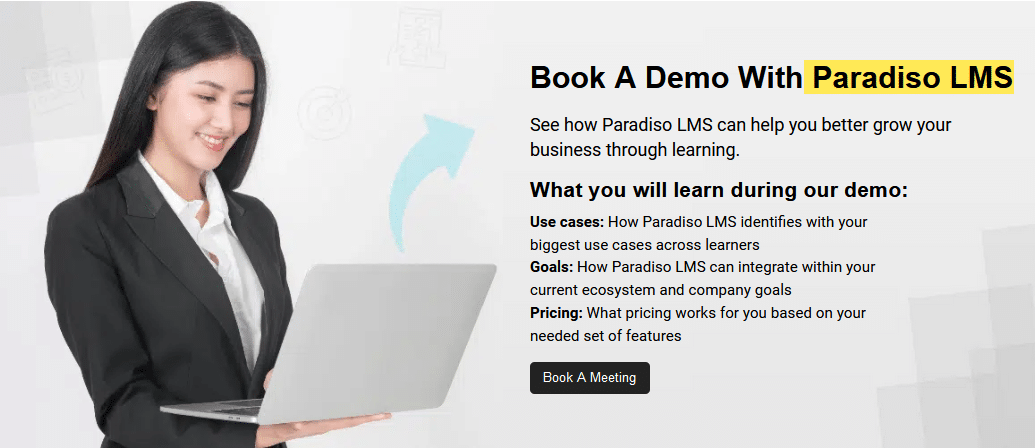Understanding the Modern Learning Environment
Before diving into technical details, it is essential to understand the core elements of a modern Enterprise Learning management system. Traditional training methods have evolved, and a sophisticated Enterprise LMS now centralizes learning into one unified platform. This integration makes it easier to track employee progress, manage content, and deliver training efficiently. A well-designed Enterprise Learning management system goes beyond merely delivering courses; it creates an interactive environment that fosters continuous learning through personalized learning paths and engaging content. With seamless integration into existing IT ecosystems, an effective Enterprise LMS offers a smooth experience for administrators and learners alike.
The Role of Enterprise LMS Development in Organizational Growth
Enterprise LMS development is a strategic initiative that can transform how organizations manage employee training. Investing in a dedicated Enterprise Learning management system allows companies to standardize their training programs and accurately measure their effectiveness. One of the major advantages of Enterprise LMS development is that it provides the flexibility to create tailored solutions that meet unique business requirements. Organizations can modify and enhance the Enterprise LMS to adapt to evolving market demands, ensuring that training remains relevant and effective. This adaptability makes a custom approach to Enterprise LMS development an indispensable component of modern corporate strategy.


















